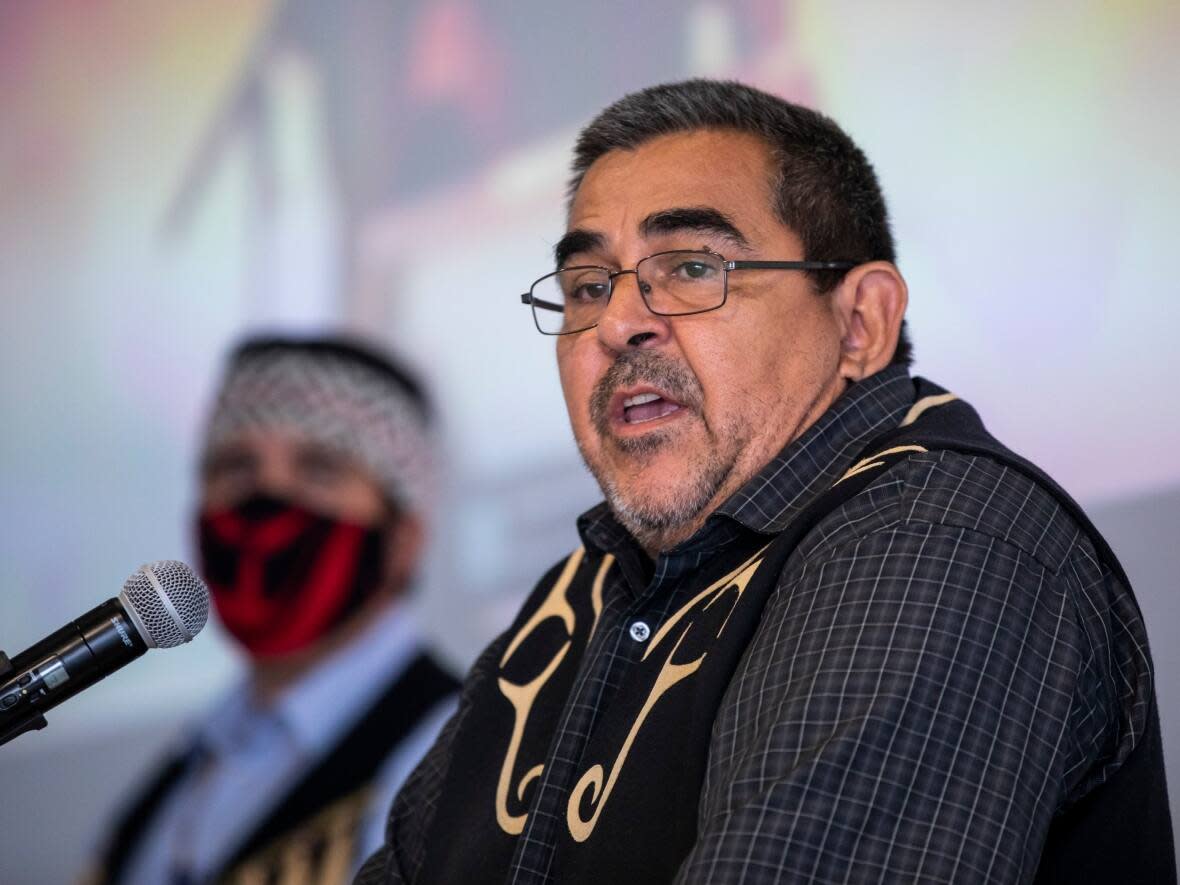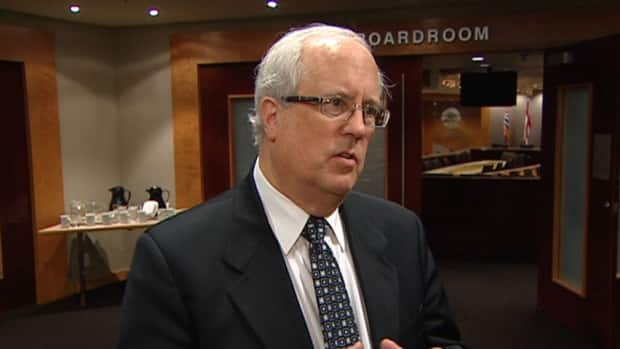Richmond city council votes to establish reconciliation policy, which could include land acknowledgments

Richmond city council voted unanimously this week to approve a motion to establish a Truth and Reconciliation policy for the city, which could include land acknowledgments.
It's something the city hasn't implemented despite nearby municipalities having done so for several years.
Mayor Malcolm Brodie has previously said land acknowledgements are not possible in Richmond due to two different land disputes — one with the Musqueam Nation over the Garden City Lands, which Richmond bought for $59 million in 2010 before the lawsuit was filed, and another with the Cowichan First Nation over land near Triangle Beach.
Even with those disputes before the court, Musqueam Chief Wayne Sparrow says recognizing the history of the area is still important.
"It's our territory," he told On The Coast guest host Margaret Gallagher.
"People in Richmond, people in Vancouver should know whose land that they're on. It's very important to our community. Those are our lands. They were taken from us."
According to Sparrow, Musqueam land covers other areas in the Lower Mainland, including Vancouver, North Vancouver, Burnaby and New Westminster.
The motion was introduced by Coun. Michael Wolfe, who previously proposed raising an Every Child Matters flag at city hall for National Truth and Reconciliation Day — an idea that was ultimately shot down when Wolfe didn't give proper notice for the motion.
As a high school teacher in Richmond, Wolfe said he's well-acquainted with the practice of acknowledging whose land he is working on, because the school board and district both do it.
"I hear from a lot of businesses that are trying to make land acknowledgements … and they don't know where to turn," Wolfe said.
"They thought the city website would be that place. It's currently not."

Wolfe's motion outlines other actions the city can take, such as meetings with the Musqueam Nation, training for staff and council on addressing racism against Indigenous peoples, and implementing the United Nations Declaration on the Rights of Indigenous Peoples (UNDRIP) at a municipal level.
Richmond isn't the only community grappling with land acknowledgements: last week, West Vancouver city council announced it will no longer read Indigenous land acknowledgements aloud at meetings.
Instead, the acknowledgement will be printed at the top of council agendas.
Squamish Nation chairperson Khelsilem called the decision a "setback" to the positive relationship between the nation and the City of West Vancouver.


